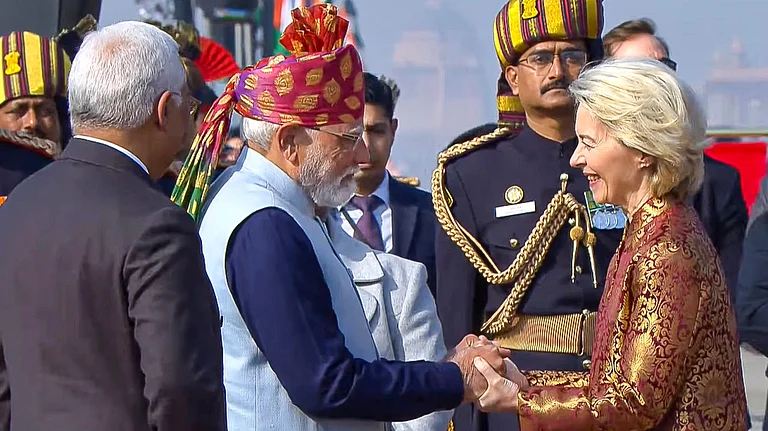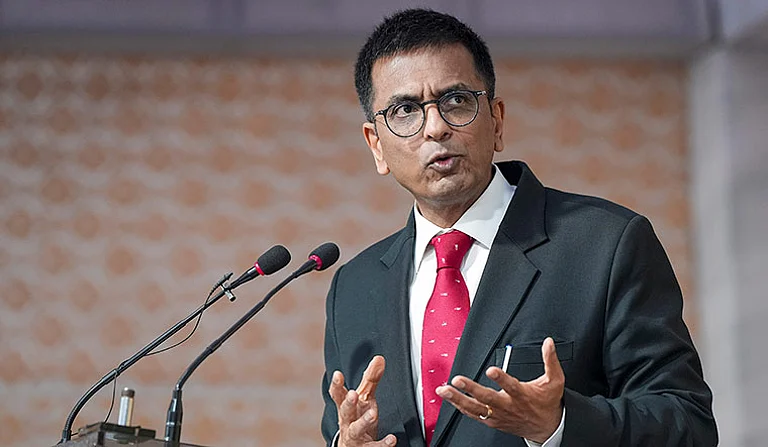Chief Justice of India DY Chandrachud has officially named Justice Sanjiv Khanna as his successor in a letter to the Union law ministry. This nomination follows a long-standing tradition where the retiring Chief Justice recommends the second-most senior judge to take over the position. The Union government must approve this recommendation.
Justice Chandrachud handed over his recommendation letter to Justice Khanna on Wednesday. Justice Khanna is set to become the 51st Chief Justice of India on November 11, 2024. Having been elevated as a judge of the Supreme Court on January 18, 2019, he will superannuate on May 13, 2025. If he assumes office as Chief Justice on November 11, he will have a tenure of a little over six months, concluding his term on May 13, 2025.
Justice Chandrachud, who has served as Chief Justice since November 9, 2022, expressed mixed emotions about his legacy during an event in Bhutan on October 9. He shared his worries about his legacy and the impact of his decisions.
"Pardon me for being a little vulnerable," he said. "I will be demitting office as the Chief Justice of India in November this year, after having served my country for two years. As my tenure is coming to an end, my mind has been heavily preoccupied with fears and anxieties about the future and the past. I find myself pondering over questions such as: Did I achieve everything I set out to do? How will history judge my tenure? Could I have done things differently? What legacy will I leave for future generations of judges and legal professionals?"
Despite his concerns, he expressed a sense of fulfilment, knowing he always gave his best effort, regardless of the outcome.
Who is Justice Sanjiv Khanna?
Justice Sanjiv Khanna has had a distinguished career in law. Born on May 14, 1960, he studied law at the Campus Law Centre of Delhi University and enrolled as an advocate with the Bar Council of Delhi in 1983. He initially practiced at the district courts at Tis Hazari and later worked in the Delhi High Court and various tribunals.
Throughout his career, Justice Khanna has held several important positions. He served as the Senior Standing Counsel for the Income Tax Department and became the Standing Counsel (Civil) for the National Capital Territory of Delhi in 2004. He has also appeared as an Additional Public Prosecutor and an amicus curiae in criminal cases.
In 2005, he became an additional judge of the Delhi High Court and was made a permanent judge the following year. He was elevated to the Supreme Court on January 18, 2019, prior to serving as Chief Justice of any High Court.
Justice Khanna has been involved in several significant legal cases. He was part of the five-judge bench that upheld the use of Electronic Voting Machines (EVMs) in elections, stating that these devices were secure and helped eliminate booth capturing and bogus voting. Additionally, he played a role in declaring the electoral bond scheme unconstitutional, which was designed for funding political parties. He was also part of the bench that upheld the Centre's 2019 decision to abrogate Article 370 of the Constitution, which granted special status to the erstwhile state of Jammu and Kashmir.
Currently, Justice Khanna is the Executive Chairman of the National Legal Services Authority and a member of the Governing Council of the National Judicial Academy in Bhopal.


























